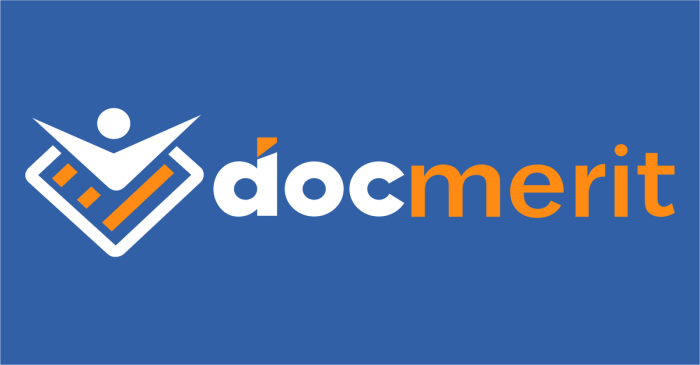Relias rn pharmacology assessment a 49 questions – The Relias RN Pharmacology Assessment A: A 49 Questions is a comprehensive assessment designed to evaluate the pharmacology knowledge and skills of nurses. This assessment covers key pharmacology concepts and principles, providing nurses with a valuable tool to enhance their medication administration practices and ensure patient safety.
The assessment consists of 49 multiple-choice questions that cover a wide range of pharmacology topics, including medication administration, drug interactions, and medication safety. By completing this assessment, nurses can identify areas where they need to improve their pharmacology knowledge and skills, and develop strategies to address these gaps.
Relias RN Pharmacology Assessment A 49 Questions

The Relias RN Pharmacology Assessment A 49 Questions is a comprehensive evaluation tool designed to assess the pharmacology knowledge and skills of registered nurses. It is a standardized assessment that covers a wide range of pharmacology concepts and principles, and it is used to identify areas where nurses may need additional training or support.
Pharmacology knowledge is essential for nurses because they are responsible for administering medications to patients. Nurses must have a thorough understanding of the pharmacology of medications in order to ensure that they are administered safely and effectively. The Relias RN Pharmacology Assessment A 49 Questions helps to ensure that nurses have the knowledge and skills necessary to provide safe and effective medication administration.
Examples of Questions
- What is the mechanism of action of morphine?
- What are the side effects of metoprolol?
- What is the antidote for digoxin toxicity?
- What is the nursing care plan for a patient taking warfarin?
- What are the different types of antibiotics?
Content Analysis of the Assessment
The Relias RN Pharmacology Assessment A 49 Questions covers a wide range of pharmacology concepts and principles. The assessment questions are categorized into three levels of difficulty: basic, intermediate, and advanced. The basic questions assess knowledge of fundamental pharmacology concepts, such as drug classification, drug metabolism, and drug interactions.
The intermediate questions assess knowledge of more complex pharmacology concepts, such as the pharmacokinetics and pharmacodynamics of drugs. The advanced questions assess knowledge of highly specialized pharmacology concepts, such as the use of drugs in specific patient populations.
The assessment questions are also categorized by topic. The topics covered by the assessment include:
- Drug classification
- Drug metabolism
- Drug interactions
- Pharmacokinetics
- Pharmacodynamics
- Drug therapy in specific patient populations
Implications for Nursing Practice
The results of the Relias RN Pharmacology Assessment A 49 Questions can be used to inform nursing practice in a number of ways. The assessment can be used to identify areas where nurses need additional training or support. The assessment can also be used to develop educational programs for nurses on pharmacology topics.
Additionally, the assessment can be used to track the progress of nurses over time in terms of their pharmacology knowledge and skills.
Nurses can use the results of the assessment to improve their pharmacology knowledge and skills in a number of ways. Nurses can take continuing education courses on pharmacology topics. Nurses can also read pharmacology journals and books. Additionally, nurses can participate in pharmacology study groups.
Best practices for medication administration and patient safety include:
- Verifying the patient’s identity and the medication order
- Calculating the correct dose of medication
- Administering the medication via the correct route
- Monitoring the patient for adverse reactions
- Documenting the medication administration
Future Directions and Recommendations, Relias rn pharmacology assessment a 49 questions
There are a number of areas for further research on pharmacology assessments. One area of research is the development of more standardized pharmacology assessments. Another area of research is the development of pharmacology assessments that are more sensitive to the needs of specific patient populations.
Additionally, there is a need for research on the use of pharmacology assessments to improve patient outcomes.
There are a number of recommendations for improvements or enhancements to the Relias RN Pharmacology Assessment A 49 Questions. One recommendation is to increase the number of questions on the assessment. Another recommendation is to add more questions on specific patient populations.
Additionally, there is a need to update the assessment to reflect the latest advances in pharmacology.
Nursing educators and healthcare organizations can incorporate pharmacology education into practice in a number of ways. Nursing educators can develop pharmacology curricula that are relevant to the needs of nurses. Healthcare organizations can provide opportunities for nurses to participate in pharmacology continuing education programs.
Additionally, healthcare organizations can create a culture of safety that encourages nurses to ask questions and report errors.
Answers to Common Questions: Relias Rn Pharmacology Assessment A 49 Questions
What is the purpose of the Relias RN Pharmacology Assessment A?
The purpose of the Relias RN Pharmacology Assessment A is to evaluate the pharmacology knowledge and skills of nurses.
What are the benefits of completing the Relias RN Pharmacology Assessment A?
Completing the Relias RN Pharmacology Assessment A can help nurses identify areas where they need to improve their pharmacology knowledge and skills, and develop strategies to address these gaps.
How can I prepare for the Relias RN Pharmacology Assessment A?
To prepare for the Relias RN Pharmacology Assessment A, nurses should review their pharmacology knowledge and skills, and practice answering multiple-choice questions.